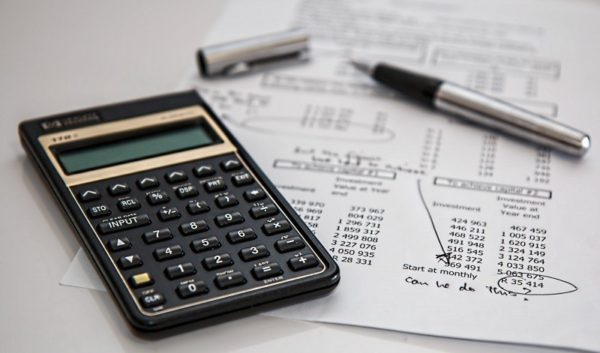Deducting motor vehicle expenses on your taxes is a good way to reduce the amount of taxable business income you earned. If you earn self-employed income and use your motor vehicle for this purpose, you can claim the vehicle-related expenses as related business expenses on your income tax return.
What Motor Vehicle Expenses Can I Deduct?
According to the government, the types of motor vehicle expenses you can deduct on taxes include:
- Gas, propane, oil, and all forms of fuel
- Maintenance and repair costs
- Insurance
- License and registration fees
- The eligible interest you paid on a loan used to buy a motor vehicle
- Applicable leasing costs
- Capital Cost Allowance
The last item on the list, Capital Cost Allowance (CCA), might be unfamiliar to most, but it’s something that applies to a wide variety of items: equipment, buildings, and many other forms of  what the CRA calls “depreciable property.” It’s a form of cost-recovery that lets the claimant recover the physical cost of their vehicle. While you can’t deduct the entire cost in one year, the CRA gives you the option to recover a portion every tax year to account for the depreciating value of your property over time.
what the CRA calls “depreciable property.” It’s a form of cost-recovery that lets the claimant recover the physical cost of their vehicle. While you can’t deduct the entire cost in one year, the CRA gives you the option to recover a portion every tax year to account for the depreciating value of your property over time.
If you know you can deduct motor vehicle expenses, keep track of the maintenance and travel throughout the year by holding on to any receipts related to your vehicle and keeping a logbook of business travel.
Deducting Mileage
If you use your vehicle for business, you can deduct mileage, so keep your receipts. While you don’t need to send them with your tax return, you will need to keep these documents with your tax records in case the Canada Revenue Agency wants to see how you or your accountant calculated this deduction. This is why keeping a logbook of all your business travel is essential, too.
Your business logbook should list the mileage on the odometer on the first day of the tax year (or the first day you started using the vehicle for making an income) and the reading on the last day of the tax year. Note the date, odometer reading when you began and ended the trip, the destination, and the purpose of this travel.
What If I Use My Personal Vehicle For Business?
If you’re self-employed but also use a vehicle for personal purposes, this shouldn’t stop you from deducting these expenses. However, you can only claim the portion associated with the use of your vehicle for earning an income. (This excludes parking fees and the cost of supplementary business insurance – you can claim these in full.)
 Regardless of how you use your vehicle, you might end up with a list of annual expenses similar to this one:
Regardless of how you use your vehicle, you might end up with a list of annual expenses similar to this one:
- Gas – $2,500
- Licence and registration fees – $240
- Maintenance and repairs – $1000
- Insurance – $1,500
- Loan interest – $650
Your total expenses in the tax year would be $5,890. If you mix up personal and business use, you can only claim the portion of these expenses related directly to business use.
Much like for calculating mileage, you have to consider very carefully how often you use it for business before claiming the expenses. If you use it 40% of the time to earn an income, you would claim $2356. Keeping a logbook is crucial for helping you or your accountant make the right calculations on deductions!

